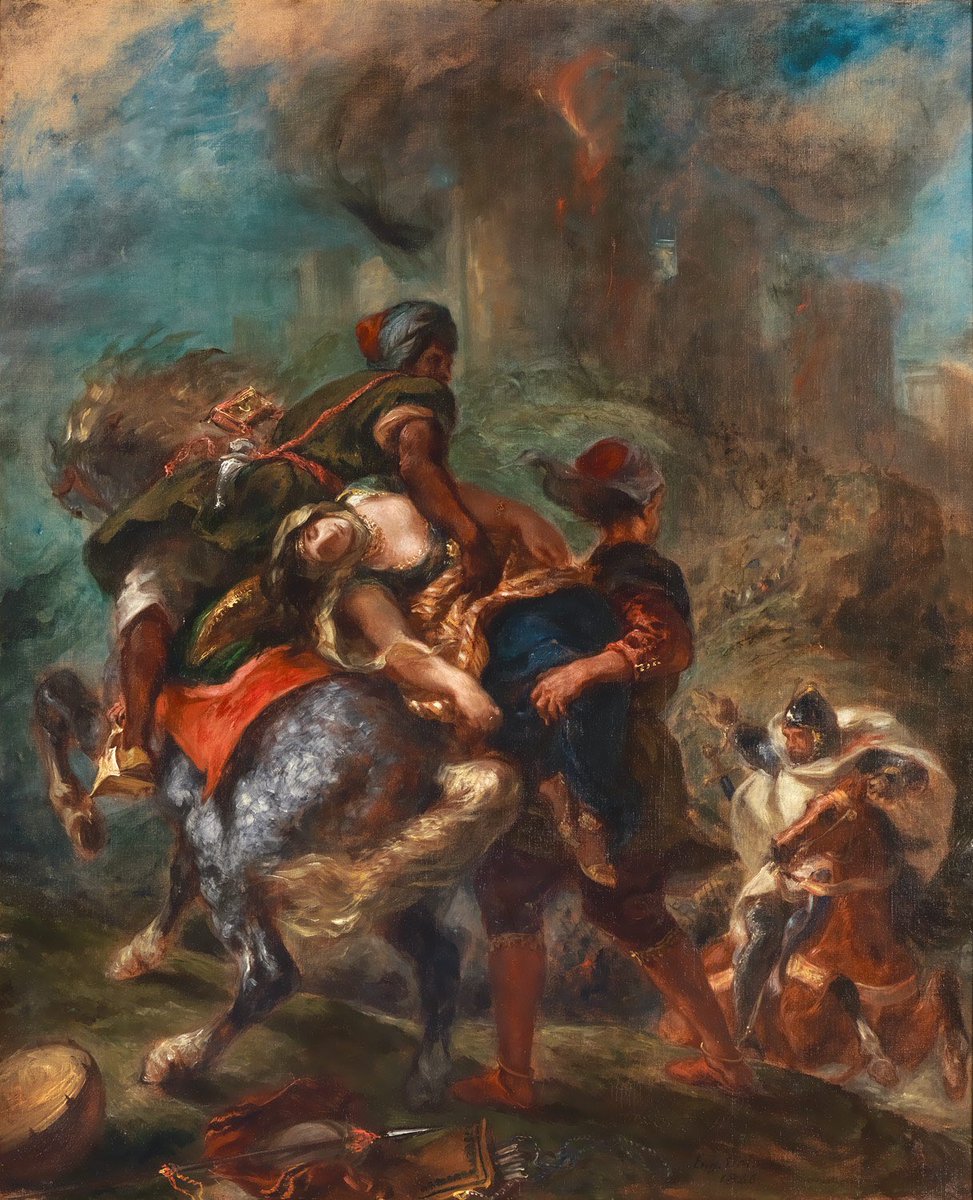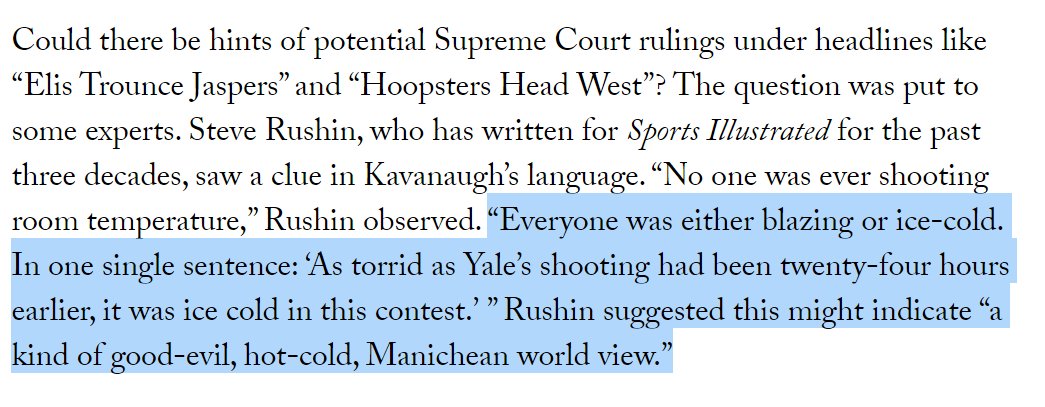Before you attack the idea, know what it means. From #ScaliaSpeaks: “Originalists believe that the provisions of the Constitution have a fixed meaning, which does not change: they mean today what they meant when they were adopted. . . . THIS IS NOT TO SAY, OF COURSE,...
https://twitter.com/JonRiley7/status/1021003426954653698
“that there are not new applications of old constitutional rules. The Court must determine, for example, how the 1st Amendment guarantee of ‘the freedom of speech’ applies to new technologies that did not exist when the guarantee was created—to sound trucks, for example. . . 2/4
“In such new fields, the Court must follow the trajectory of the First Amendment, so to speak, to determine what it requires—and assuredly that enterprise is not entirely cut and dried, but requires the exercise of judgment. But acknowledging the need for projection of...(3/4)
”...old constitutional principles upon the new physical realities is a far cry from saying what the non-originalists say: that the Constitution *changes*; that the very act which it once prohibited it now permits, and which it once permitted it now forbids.” (4/4)
• • •
Missing some Tweet in this thread? You can try to
force a refresh











